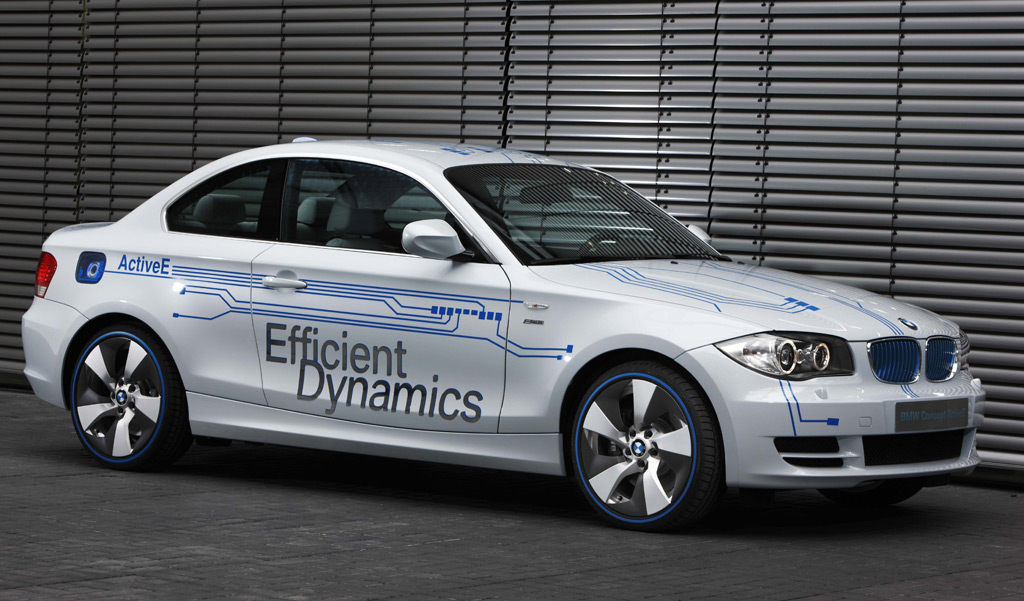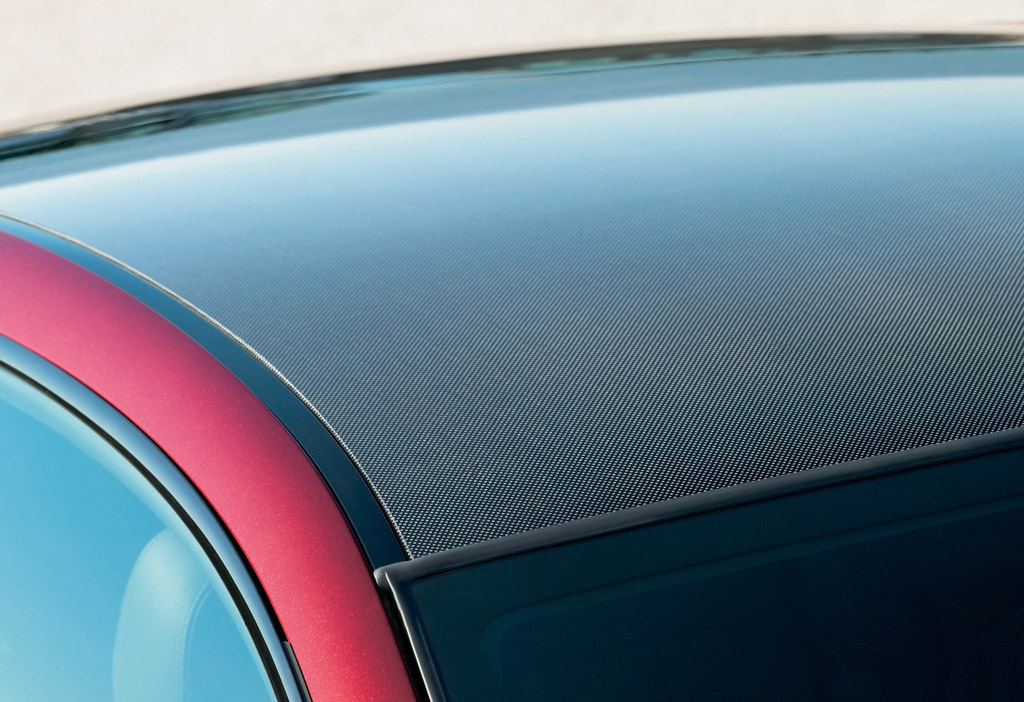We don't know what it looks like yet, but another detail emerged yesterday on BMW's upcoming tiny MegaCity urban electric vehicle: It will be built out of carbon fiber that is partly made in the U.S.
BMW will partner with composites expert SGL Group to construct a new plant in Moses Lake, Washington, that will manufacture lightweight carbon-fiber materials for auto industry applications.
The total cost of the plant will exceed $100 million, and some 80 jobs are expected to result.

2009 BMW Concept ActiveE

2009 BMW Concept ActiveE

BMW M6 carbon-fiber roof

Mini E electric vehicle - nope, no engine in there

MINI E
Green power
Why put the plant in North America, you might ask? Because, BMW says, the energy to be consumed comes from hydroelectric generators, making it far greener than in other locations.
Nonetheless, the various materials for the MegaCity's components are transported around the world, as in most modern industrial products.
Japan --> U.S. --> Germany x 3
First, the raw feedstock to make carbon fibers--just call it a "polacrylonitrile-based precursor"--is made in Japan by a joint venture between SGL and Mitsubishi Rayon and flown to the U.S.
The actual carbon fibers themselves are fabricated at Moses Lake, after which they're flown to Germany, where they're processed into lightweight fabrics in Wackersdorf.
At another German plant, in Landshut, the actual carbon-fiber components for the MegaCity are made from those fabrics. After which the car itself is then built at a third German plant, in Leipzig.
BMW has not commented on the carbon footprint of transporting the materials across three continents and through five plants. It has, however, previously used carbon fiber in race cars as well as body and interior panels for its M Series of performance models.
New type of BMW
The MegaCity itself will be launched in mid-2013 as a 2014 model, and sold as a "sub-brand" of BMW for use predominantly in crowded urban areas.
The first of several body styles is expected to be a four-seat, three-door hatchback, but they are likely to be smaller than subcompacts like the 2010 Honda Fit.
All MegaCity cars will run solely on electricity stored in a 16-kilowatt-hour lithium-ion battery pack. Cells come from a joint venture of German parts maker Bosch and Korean conglomerate Samsung.
Early tests
To test components and gain real-world experience with EVs, BMW has produced two electric cars. The first was the two-seat Mini E, of which 600 examples are on test in the U.S., Europe, and U.K.
The most recent is the new ActiveE Concept, which was revealed at January's Detroit Auto Show. It too will be tested by several hundred drivers, starting next year.
[BMW via Motor Authority]












